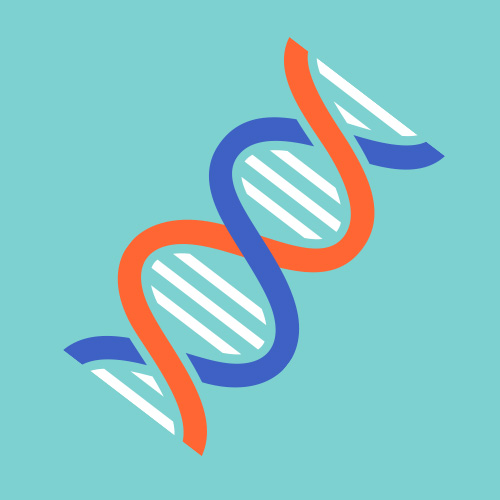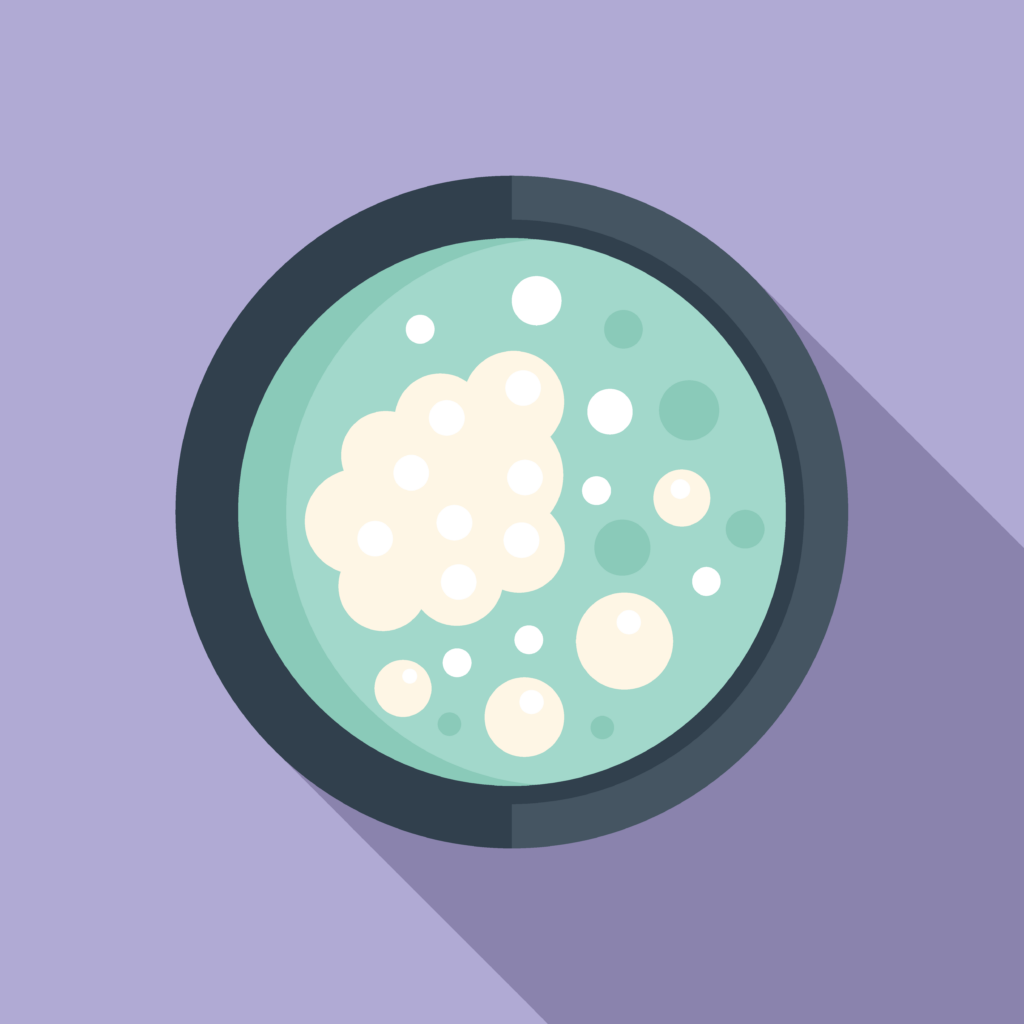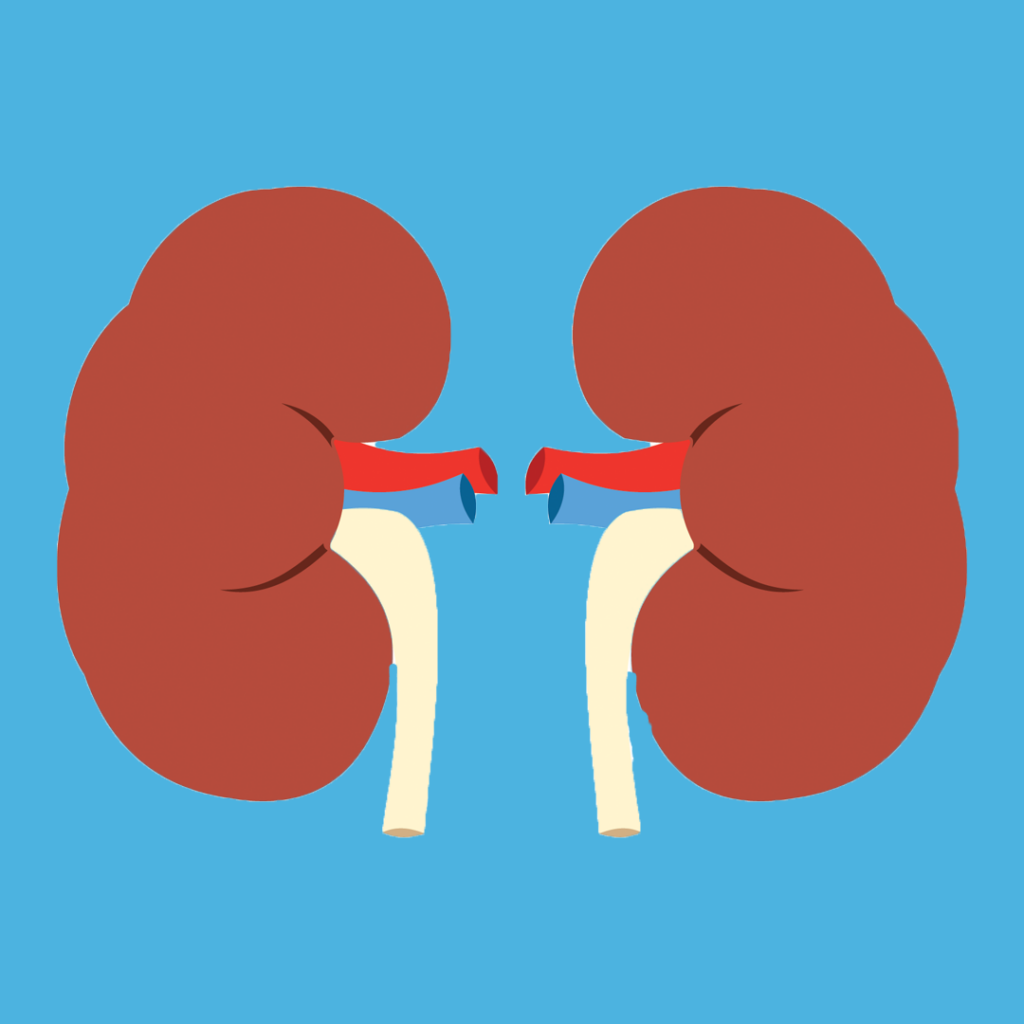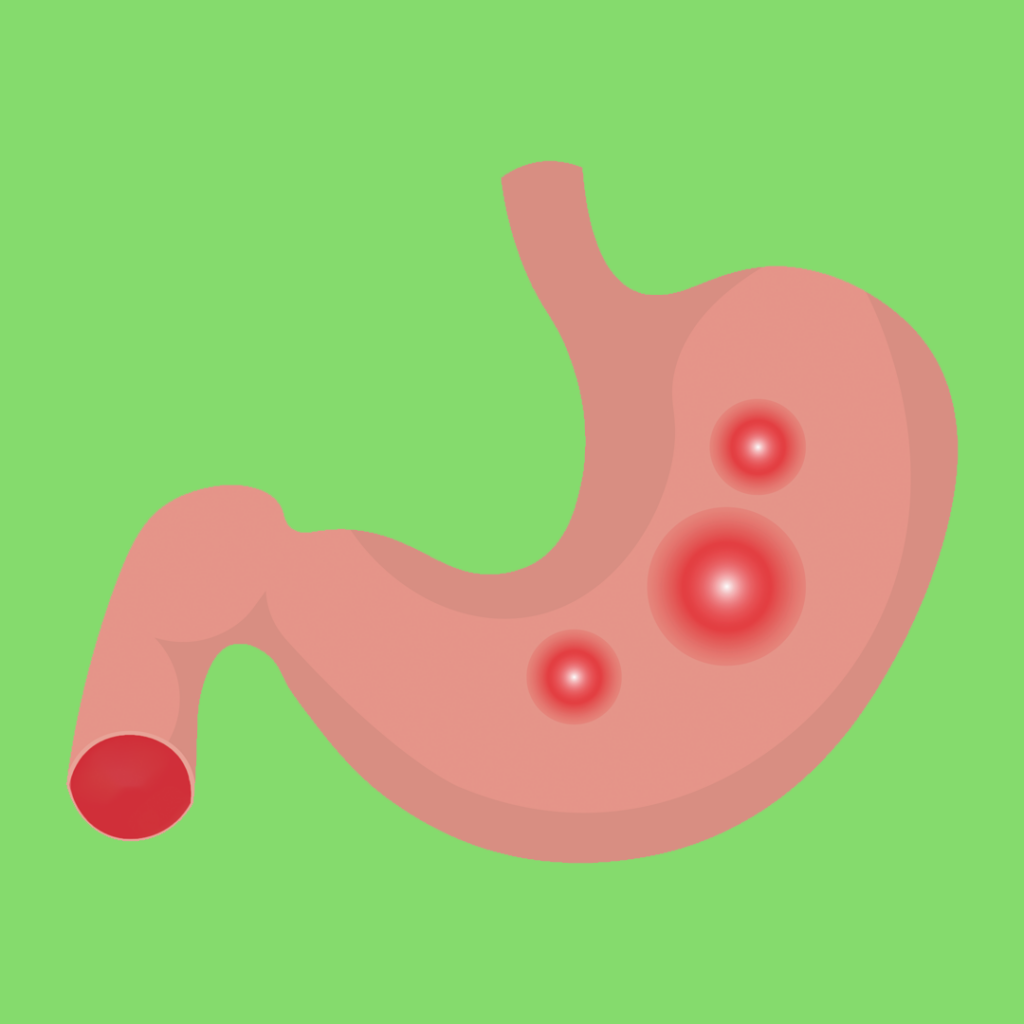Can zinc provide protection from DNA damage?

Just like your favourite sweater, your body will eventually start to wear down after decades of use. You may not give it a second thought, but each cell in our body is constantly hard at work, fulfilling the tasks that keep us alive. Each cell goes through a cycle: growth, division and death. Following this cycle, your body replaces all your cells every 7 years!
These cycles are made possible by your unique DNA, which act as a set of instructions for creating new cells as old ones die. But there's a catch – DNA is prone to damage. To ensure all the cells in our body are replicating properly, we need to protect our DNA, which in turn allows our body to function optimally. This is where zinc and DNA damage connect. Zinc's ability to protect DNA from damage makes it essential for cellular health.
The importance of cellular health
Cellular health is all about prioritizing the most basic building blocks of life – your cells. Strong cells are the foundation for long-term heath, and this starts with healthy DNA.
Zinc's role in cellular health
Cells use many different micronutrients to coordinate various tasks that are needed for cell survival. Along with sodium, potassium, magnesium and calcium, zinc is one of the essential trace minerals that acts as a cofactor for many enzymes required for these cellular functions. When zinc levels are low, many cellular activities, such as that of SOD and ATP, become compromised.
SOD & ATP
Superoxide dismutase (SOD) is an enzyme that prevents damage to tissues by breaking down harmful oxygen molecules. Without sufficient zinc, the ability to repair everyday wear and tear on DNA is compromised.
Adenosine triphosphate (ATP) is the form of cellular energy that every cell depends on. When there is not enough zinc in the cells, ATP cannot be used efficiently. Thus, zinc's role in daily cellular functions make it essential for cell viability and protection from DNA damage.
What causes DNA damage?
Though everyone has some degree of DNA damage, the following factors may increase your risk for damage that leads to cell dysfunction:
- UV light – sunlight, lasers, tanning beds
- Radiation – x-rays, microwaves
- Exposure to polycyclic aromatic hydrocarbons (PAHs) – car exhaust fumes, coal, cigarette smoke
- Chronic inflammation – due to diabetes, cardiovascular diseases, allergies, arthritis and joint diseases
Keep in mind that even if you avoid all these factors, the body still produces its own toxins. In fact, the simple act of producing oxygen creates harmful free radicals. If they are not neutralized properly, free radicals cause damage to cells and tissues. Over time, they can enter the mitochondria of the cell and cause dysfunction from the inside.
What's the link between zinc and DNA damage?
Damage to DNA can come in many forms including strand breaks, oxidative stress and inflammation. To protect against these harmful effects, our bodies depend on zinc.
Why do DNA strands break?
As your cells divide, new DNA needs to be replicated for new cells. DNA consists of two long strands twisted with one another continuously. These strands are made up of DNA bases, similar to stacking blocks. These bases must be organized in a specific order, known as the genetic code. If any of these bases are removed or switched, it may lead to cell mutation or incorrect replication.
How do DNA strands break?
Sometimes DNA will break naturally as part of DNA repair pathways. However, reactive oxygen and nitrogen species (RONS) produced during cell metabolism can also directly chop the DNA strands, resulting in DNA strand breaks.
Protecting DNA with zinc
Zinc can protect DNA from damage, and even strengthen cells. Research shows that even moderate increases of zinc intake can improve DNA integrity. In a group of women who were given zinc supplements for 17 days, DNA strand breaks were found to decrease significantly. This is largely due to the activation of zinc-finger (ZnF) proteins, which have the ability to protect the genome by repairing DNA strand breaks.
What is oxidative stress?
The most significant damage to DNA is caused by oxidative stress. Each molecule in the body is in a dynamic state of being oxidized or reduced. There are different tasks to be done in both states, so each molecule must be able to change between being oxidized and reduced. Molecules will become oxidized in normal biochemical processes, while antioxidants help them revert back to their reduced state.
Both free radicals and antioxidants are produced naturally by the body, but when there are more free radicals than antioxidants, the imbalance leads to oxidative stress. If there is too much oxidative stress, it can damage the DNA of the cells.
Zinc and oxidative stress
Zinc is an important cofactor involved in the antioxidant defence system. This mighty mineral:
- Helps inhibit enzymes that produce oxidation such as NADPH-Oxidase.
- Activates superoxide dismutase (SOD), an enzyme that can reduce radicals and protect cells against oxidative stress
- Increases the enzyme glutamate-cysteine ligase, which is responsible for creating the body's master antioxidant, glutathione. Glutathione can directly neutralize free radicals.
- Removes reactive oxygen and nitrogen species (RONS) that are produced in chronic inflammatory diseases such as type 2 diabetes, obesity and cancer. Even though we require oxygen and nitrogen to survive, these molecules can become free radicals when there are not enough antioxidants present.
Zinc is an important player in neutralizing free radicals, so a deficiency of zinc worsens oxidative stress.
Can inflammation damage DNA?
During inflammation, immune cells produce RONS that are designed to destroy pathogens. But when the inflammation becomes chronic, RONS are overproduced and can also damage other molecules, including DNA. Many of these RONS can oxidize DNA, or even alter DNA bases. On the other hand, DNA damage can worsen inflammation and cause it to become chronic. Thus, controlling inflammation is a priority when protecting DNA.
Zinc's anti-inflammatory propreties
As a modulator of the immune system, it is no surprise that zinc is also needed to reduce inflammatory proteins in the body. Short-term inflammation may be beneficial to fight pathogens, but when the inflammation becomes long-term, we rely on this mineral to modulate the pro-inflammatory response. Without sufficient zinc, the inflammatory response can cause damage to tissues.
Zinc and DNA damage: a preventative approach
Zinc is an important part of everyday healthy cellular function – it is truly the foundation of all bodily systems. Studies show that increasing dietary zinc can help reduce DNA damage, oxidative stress and inflammation. Supplementation can be an effective way to support optimal cellular health. Our Zinc Bis-Glycinate 25 is a gentle daily zinc that can be used to support your body's ability to fight free radicals and inflammation.








